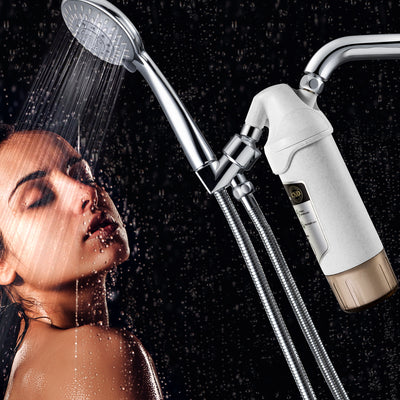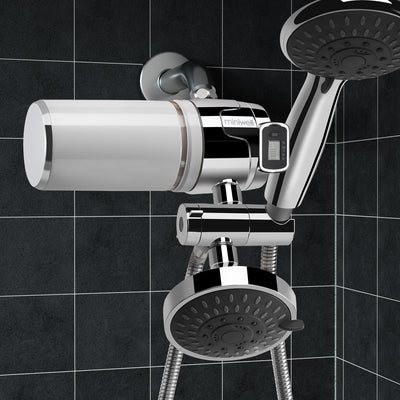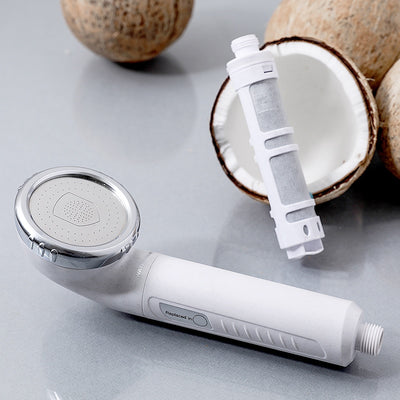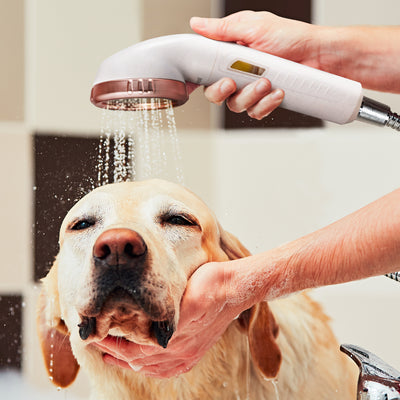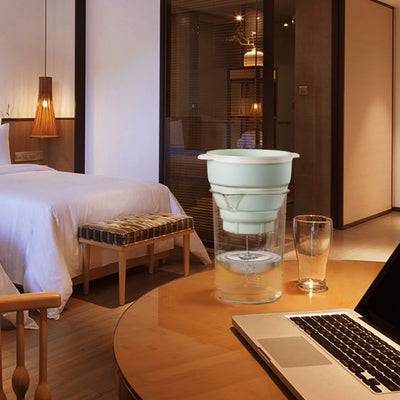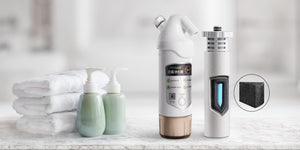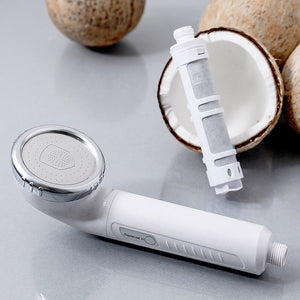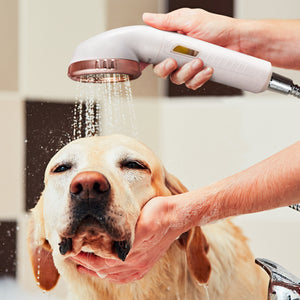The Ohio River is a major source of drinking water for many communities in the region. It serves as the primary water supply for several large cities, including Cincinnati, Louisville, and Pittsburgh, as well as many smaller towns and communities along its banks. In addition, the Ohio River provides water for industrial uses, such as power generation and manufacturing, and supports a wide range of recreational activities, including fishing, boating, and swimming. The river also plays an important role in the transportation of goods, with many barges and other vessels traveling its waters to transport goods to and from the region.

As the chemical spill in Ohio grows, anyone living near it should be aware of water safety. Maybe you turned on the faucet and instead of water, a cartoonish cloud of terrible smell spewed out. "Well," you might say, coughing and waving your hand in front of your face, "I guess I won't be taking a shower today."
if the tap water contains high levels of certain chemicals, such as lead or arsenic, these substances can be absorbed through the skin and cause a range of skin problems. Exposure to these chemicals can lead to dry, itchy, or irritated skin, and may even cause skin rashes or discoloration.
In addition, if contaminated water contains bacteria or other harmful microorganisms, it can cause skin infections or other skin-related illnesses. For example, exposure to certain types of bacteria can lead to conditions like folliculitis (inflammation of the hair follicles), cellulitis (infection of the skin and underlying tissue), or impetigo (a highly contagious skin infection).
Overall, contaminated water can have a range of negative impacts on health, including skin health. It's important to take immediate action to protect yourself and your family. Here are some steps you can take:
-
Stop using tap water for drinking, cooking, or bathing until it has been declared safe by local authorities.
-
Contact your local water utility or health department to report the contamination and get updates on the situation.
-
Follow any instructions provided by local authorities, such as boiling water before use or using bottled water.
-
Dispose of any food or beverages made with tap water that may be contaminated.
-
If you experience any symptoms such as nausea, vomiting, or diarrhea, seek medical attention immediately.
-
Consider installing a home water filtration system to protect yourself from future contamination.
Remember, it's better to err on the side of caution when it comes to your health and safety. Stay informed and take appropriate measures to protect yourself and your loved ones.

